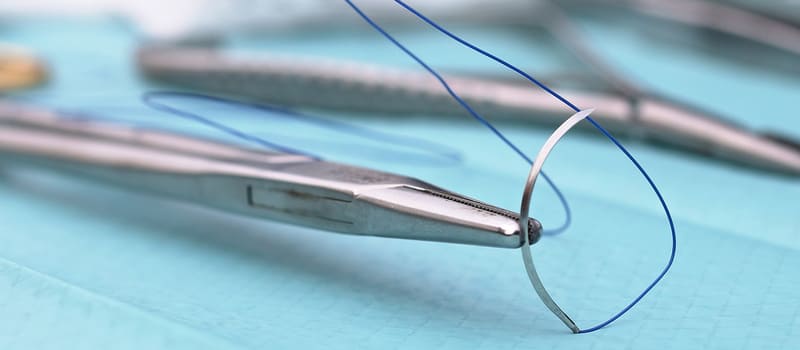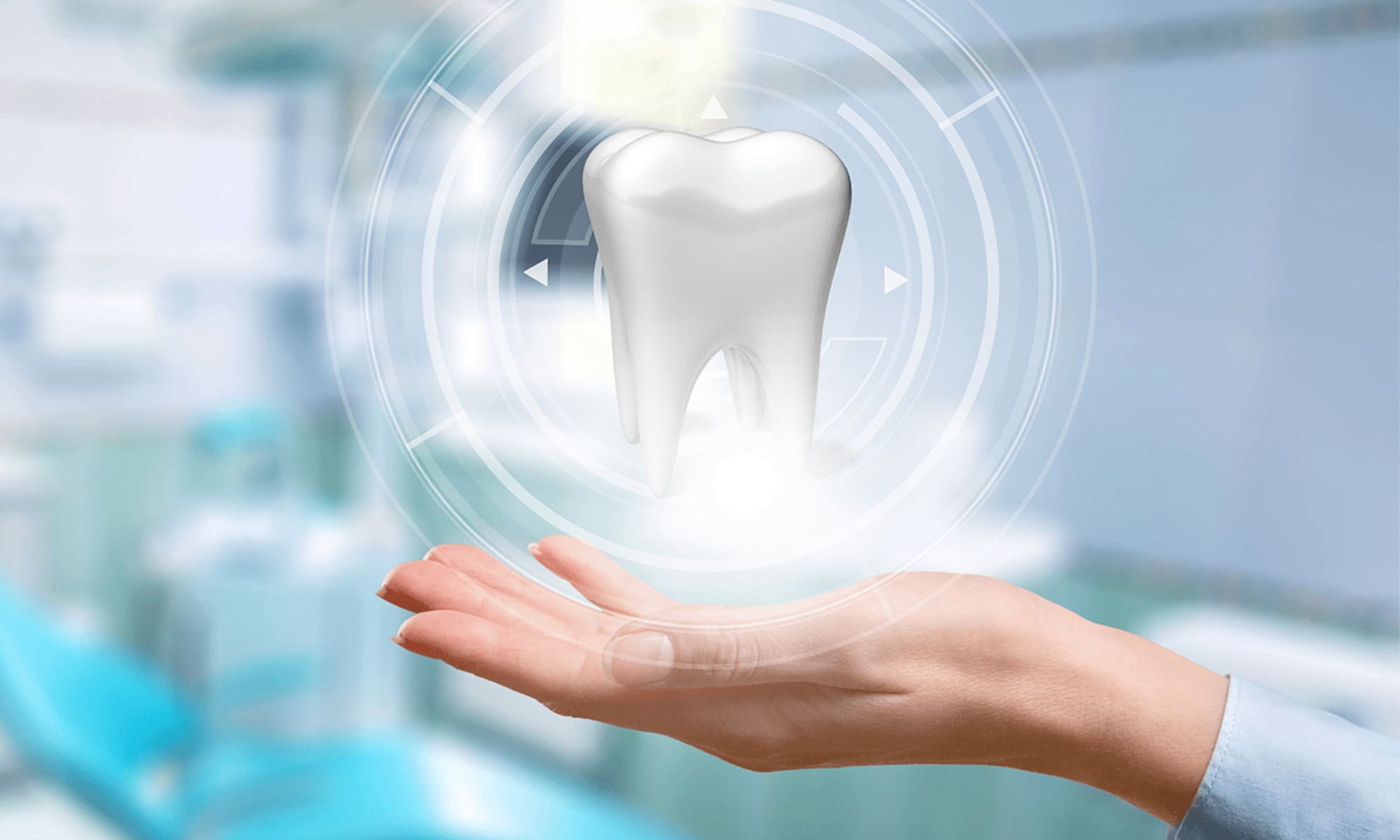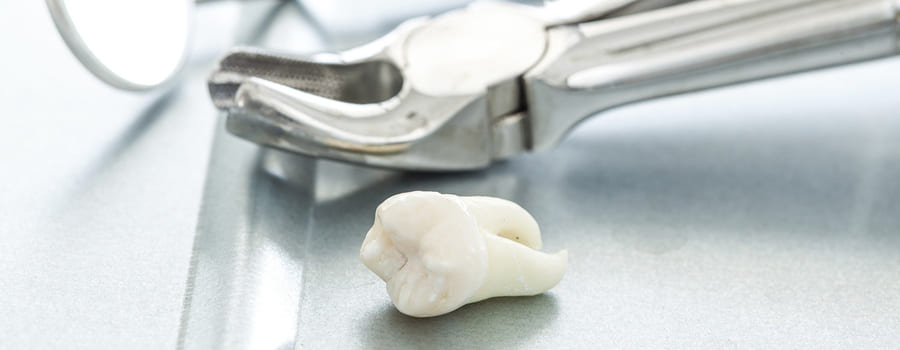Things to do after a surgical teeth removal (the dos)
- Bite on the cotton gauze. Use the cotton gauze provided by your dentist and apply gentle pressure, that will aid in stopping bleeding.
- Take all your medication as prescribed. Don’t skip any dose or it will be difficult to soothe the pain later.
- Rest and relax for the rest of the day. But that doesn’t mean you need to be completely bedridden.
- Keep it clean but brush gently. Brush your teeth but avoid to brushing the surgical teeth extraction area and gargle with the mouthwash your dentist has prescribed or with a salt-water solution after teeth brushing, It will soothe your pain and promote healing.
- Use an ice pack for the first 24 hours after the surgical teeth extraction. Icing will help to minimize pain and lessen swelling. Apply the ice packs only after anesthesia wears off and you can feel cold sensation a few minutes on and then a few minutes off several times a day.

What to eat after a surgical wisdom teeth Removal
- Intake only liquid and soft food for a few days. For example, soups, mashed potatoes, yogurts, milkshakes, smoothies, etc.
- Eat on the other side. It’s crucial not to disturb the wound in your gum and allow it to heal.
- Drink sufficient amounts of fluids, especially water – but without using a straw!

Things to Avoid after a Tooth Extraction (the don’ts)
- Avoid using straws. Don’t suck, spit, smoke, or consume alcohol. Avoiding these helps maintain the blood clot in place over the surgical area. If the clot becomes dislodged, you may experience more bleeding, and more pain. And a potential side effect will develop termed dry sockets.
- Don’t eat, drink or talk immediately after your surgery.
- Stay away from solid foods like chips, potatoes chips, nachos, popcorn, toast bread, and other hard or crunchy foods for at least a week, Stay away also from spicy and greasy foods, hot drinks, and sodas.
- Don’t take aspirin for pain. Since it’s a blood thinner it will delay in clot formation in the healing process.
- Don’t poke into the gap with your tongue, finger, or toothpick. It may delay your healing and dissolve your suture stitches, Thus it may provoke bleeding and can also result in a dry socket.
- Don’t rinse your mouth or spit too strenuously. The pressure might dislodge the blood clot and result in complications.

Symptoms to expect 24 hours after surgery
• Pain and bleeding in mouth
• swelling and mild bruising in cheeks
• stiff and sore jaw
• weird taste in mouth
• numbness, tingling, or a lack of sensation in mouth, cheeks, or face

Symptoms to expect 2-5 days after surgery
• increased swelling and bruising in cheeks
• stiff, sore jaw
• reduced bleeding in mouth
• slow return to daily activities and work
Symptoms to expect one week after surgery
• decreased swelling, bruising, and pain in mouth and cheeks
• near-normal jaw mobility
• no more tingling, bleeding, or bad taste in mouth
• gradual return to physical activity

How long does it take for a socket to heal after a surgical tooth extraction?
The recovery for surgical teeth removal usually takes 1 to 2 weeks on average however most people can resume their routines like work or school in about 3-5 days.
How long does the stitches should remain in place after a surgical tooth extraction?
Stitches should stay in place at least one week, they are usually dissolvable and will fall out on their own within the next follow weeks (2-3), It is not unusual for one or more to loosen and fall out before dissolving, especially in moving areas of your mouth, such as the tongue or cheek areas.

Finally contact your dentist in case you experience any of these synthoms one week after your surgical tooth removal has been done.


